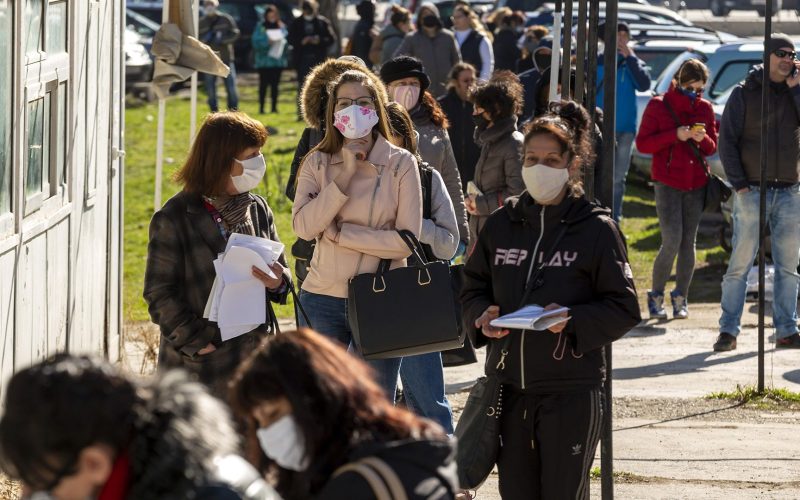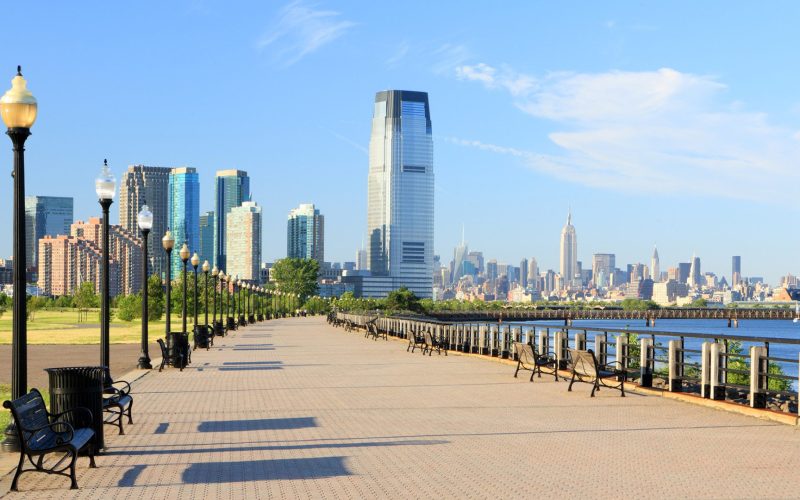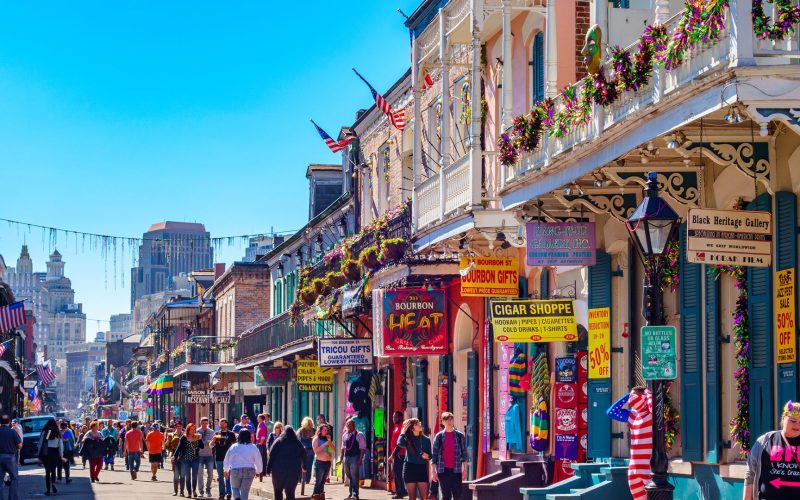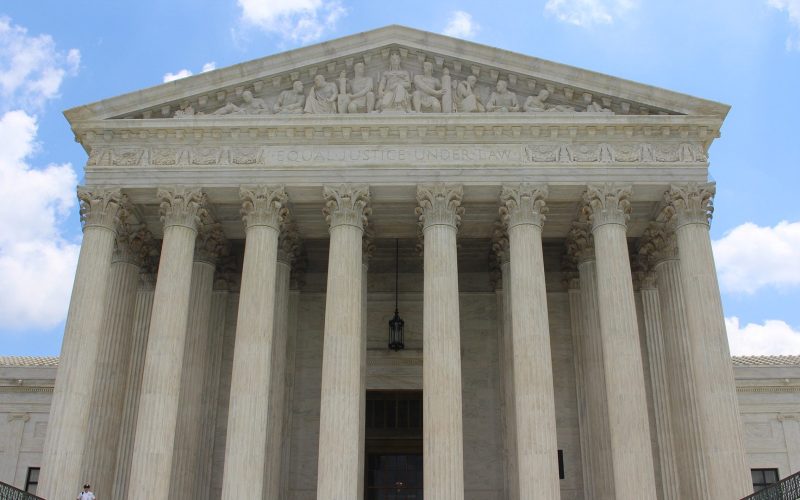THE VOICE FOR THE ENERGY CONSUMER

As states across the country begin to reopen, legislatures are grappling with high unemployment and busted budgets. CEA’s David Holt examines the importance of American energy to reviving our economy..

As people are slowly integrating into life after lockdown, some people might be asking, “What will our future look like post-COVID-19?” And while experts weigh in, when we assess major.

AAA reported that Americans will take 700 million trips from July to August, down 15 percent from last year. They estimate close to 97% of travel will consist of road.

What will our future look like post-COVID-19? Especially in the realm of energy, which we had started to write off before the pandemic, but has suddenly, become a much-needed commodity.

CEA Mid-Atlantic Executive Director examines New Jersey’s Energy Master Plan and how forcing out the use of natural gas will make it more difficult to integrate renewable energy resources while.

CEA’s Victoria Gonzales looks at how New Mexico’s farmers and agriculture supply chain are reliant on energy to plant, harvest, and prepare crops for distribution to families and restaurants across.

New Report Demonstrates Affordable, Reliable Energy Key to Louisianans Reeling from the Economic Downturn Baton Rouge, LA — Thanks to increased production of abundant, affordable natural gas, Louisiana families and.

CEA’s most recent Louisiana Energy Savings report was covered by Biz New Orleans which examined how families and businesses have benefited from reduced energy costs. According to the CEA’s Energy.

Washington, D.C. – Consumer Energy Alliance (CEA) praised the U.S. Supreme Court for requesting the views of the U.S. Solicitor General regarding the issues raised in PennEast Pipeline Company’s petition.

As the second-largest generator of electricity in the country, CEA’s Kevin Doyle reviews the progress Florida has made on providing clean energy while maintaining some of the lowest electricity rates.